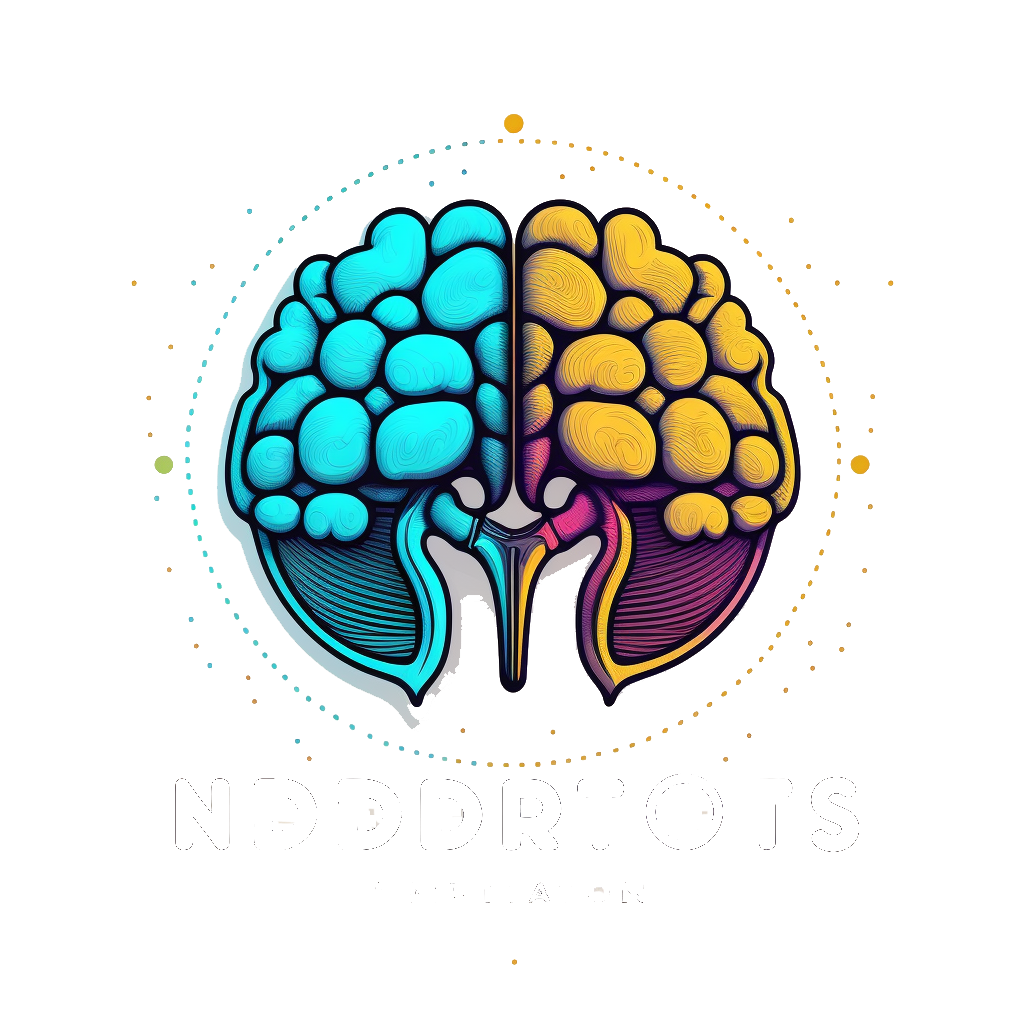Choline is an essential nutrient that plays a vital role in various physiological processes in the human body. It is a water-soluble compound and a precursor to acetylcholine, a neurotransmitter involved in memory, learning, and cognitive function. Choline is found in several foods, including eggs, meat, fish, and certain vegetables. In recent years, choline has gained attention in the nootropic community for its potential cognitive-enhancing effects. In this article, we will explore the potent nootropic effects of choline, its recommended dosage, history, and other relevant information.
Choline’s Nootropic Effects: Choline is often regarded as a potent nootropic due to its involvement in the synthesis of acetylcholine, a neurotransmitter that plays a crucial role in various cognitive processes. Some of the potential cognitive benefits of choline supplementation include:
- Improved Memory and Learning: Acetylcholine is essential for memory formation and retrieval. By increasing the availability of choline, supplementation may support optimal acetylcholine levels in the brain, potentially enhancing memory, learning, and overall cognitive function.
- Enhanced Focus and Attention: Choline has been linked to improved focus and attention span. By promoting the release and activity of acetylcholine, choline supplementation may help enhance cognitive performance and increase mental alertness.
- Neuroprotective Properties: Choline exhibits neuroprotective effects, which may help protect brain cells from damage and support long-term brain health. It has been shown to enhance neuronal plasticity, reduce age-related cognitive decline, and potentially mitigate the risk of neurodegenerative diseases.
Recommended Dosage
The optimal dosage of choline can vary depending on various factors, including age, sex, and individual needs. The Institute of Medicine has established Adequate Intake (AI) levels for choline as follows:
- Adults (19 years and older): Men – 550 mg/day, Women – 425 mg/day
- Pregnant Women: 450 mg/day
- Breastfeeding Women: 550 mg/day
However, these AI levels are based on average requirements for overall health, and higher doses may be necessary to achieve specific cognitive benefits. Nootropic enthusiasts often consider choline supplementation in higher doses, typically in the form of choline bitartrate, CDP-choline (Citicoline), or Alpha-GPC.
Dosages for choline supplementation can range from 250 mg to 2,000 mg per day, depending on individual goals and response. It is important to start with a lower dosage and gradually increase as needed. It is advisable to consult with a healthcare professional to determine the appropriate dosage for your specific needs.
Discovery and Isolation of Choline
Choline was first discovered in 1864 by the chemist Adolph Strecker, who isolated it from pig and ox bile. However, it wasn’t until the early 20th century that choline’s importance as a dietary nutrient and its role in acetylcholine synthesis were recognized.
In 1998, choline was officially recognized as an essential nutrient by the Institute of Medicine. It was established that choline plays a critical role in brain development, nerve function, and various physiological processes in the body. Since then, choline has gained recognition for its potential cognitive benefits and has become a popular supplement in the nootropic community.
Food Sources of Choline: Choline is naturally present in a variety of foods, and obtaining it through a balanced diet is ideal. Good dietary sources of choline include:
- Eggs: Egg yolks are one of the richest sources of choline.
- Meat and Poultry: Beef liver, chicken liver, and lean meats contain significant amounts of choline.
- Fish: Fatty fish like salmon, mackerel, trout, tuna.
